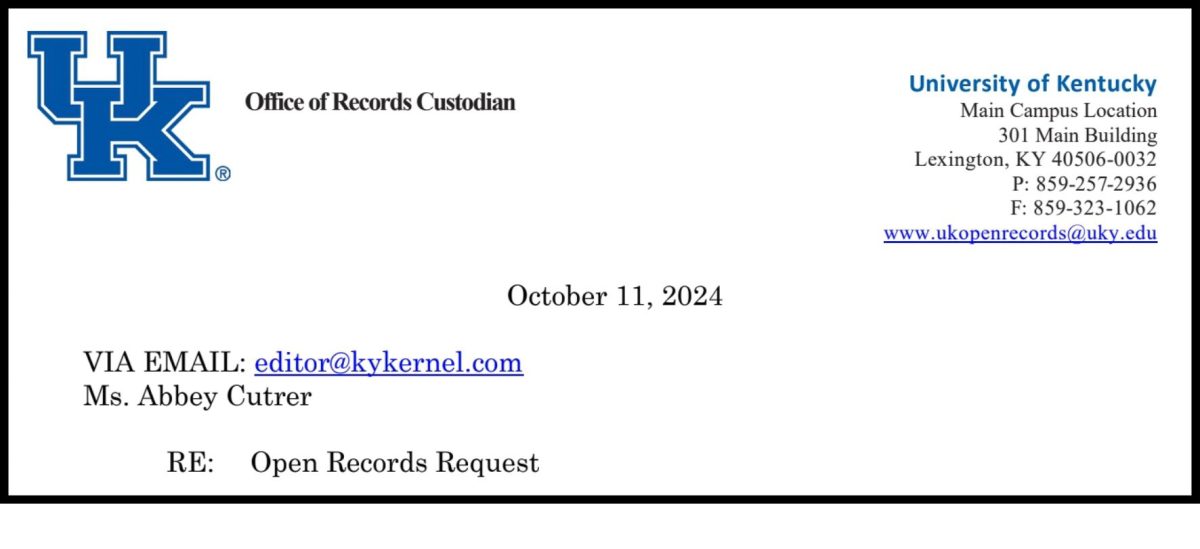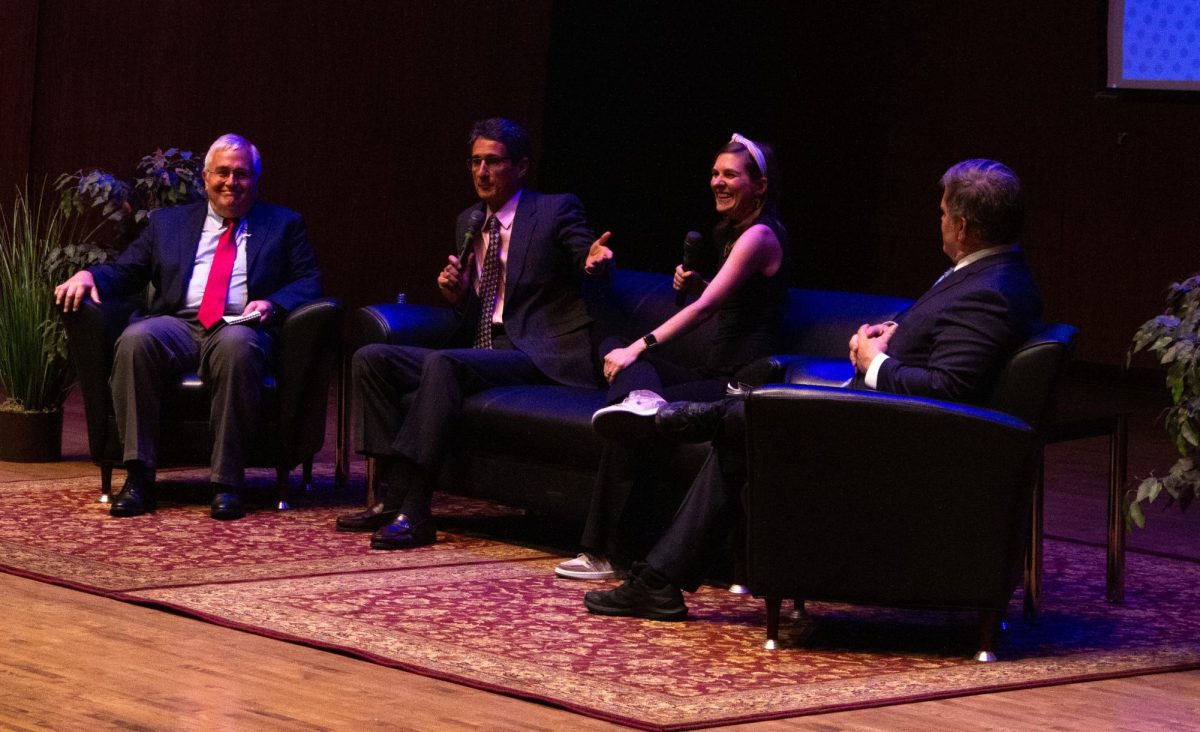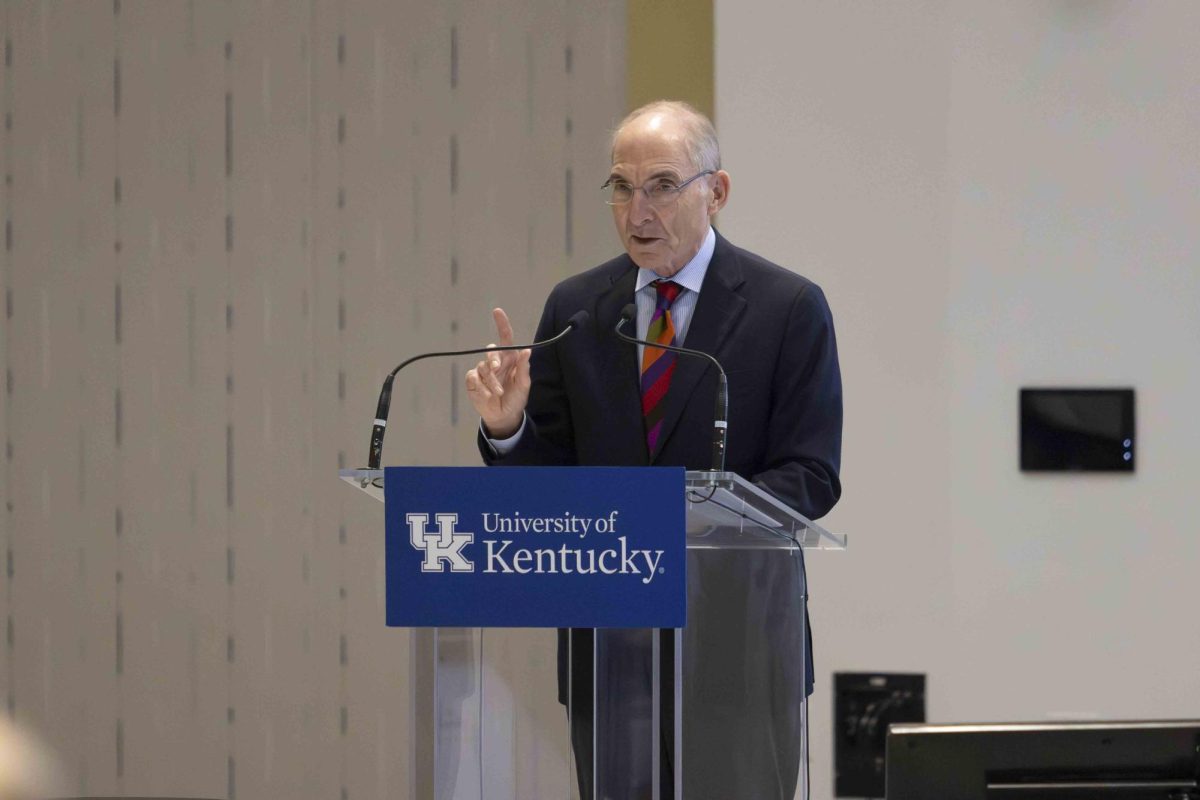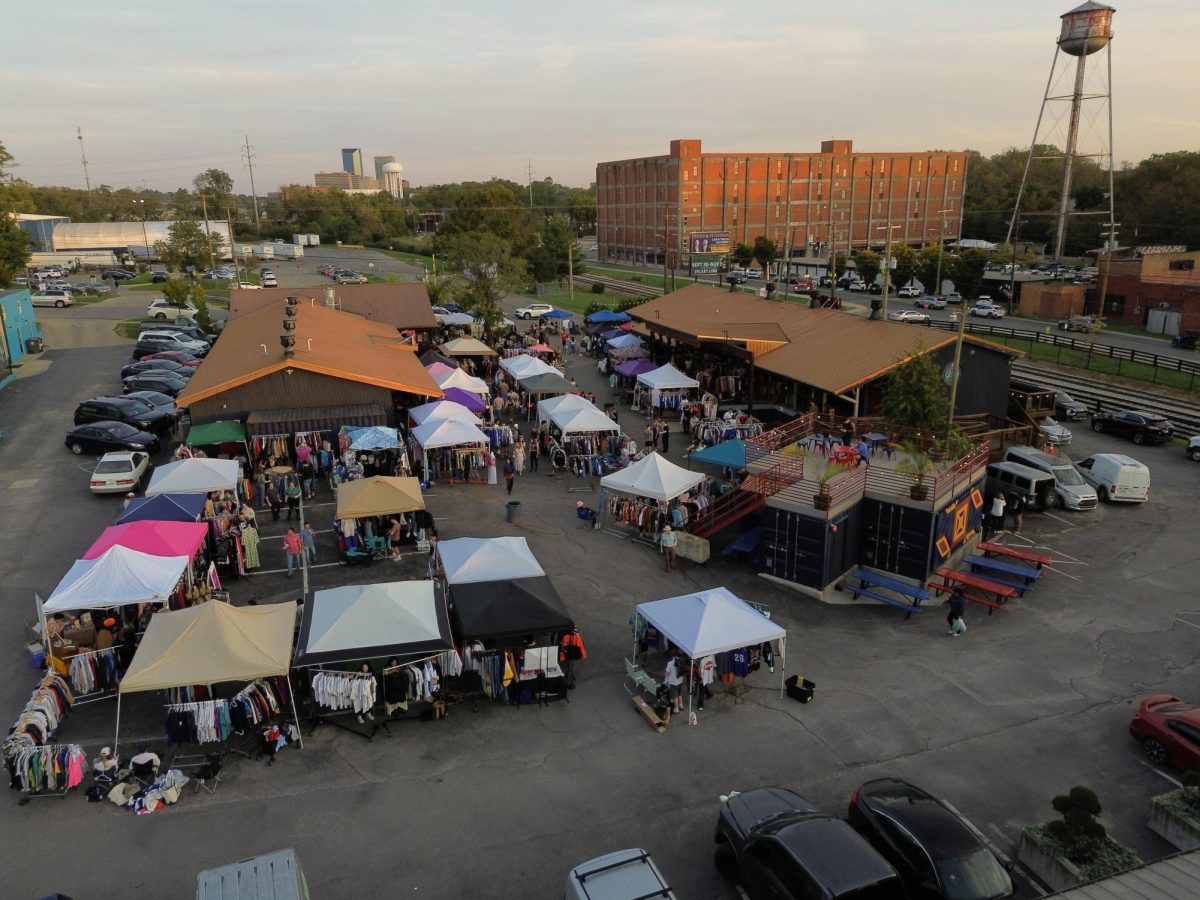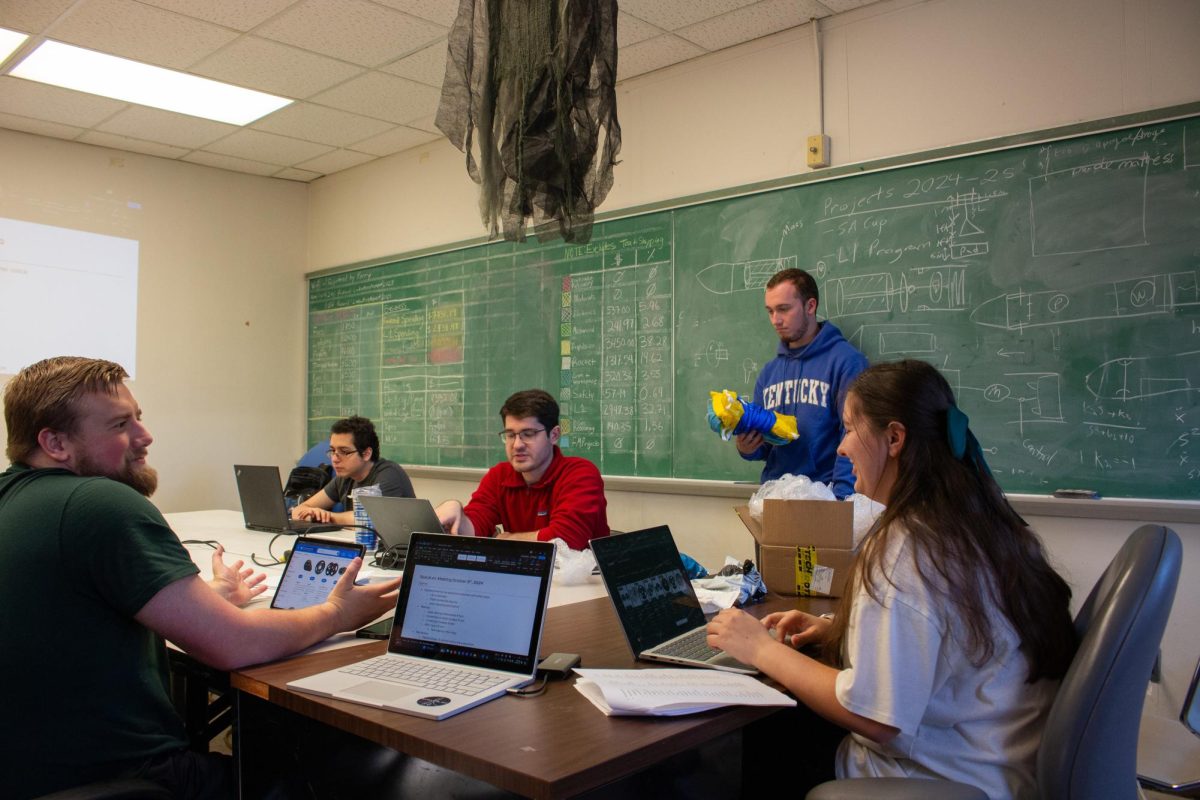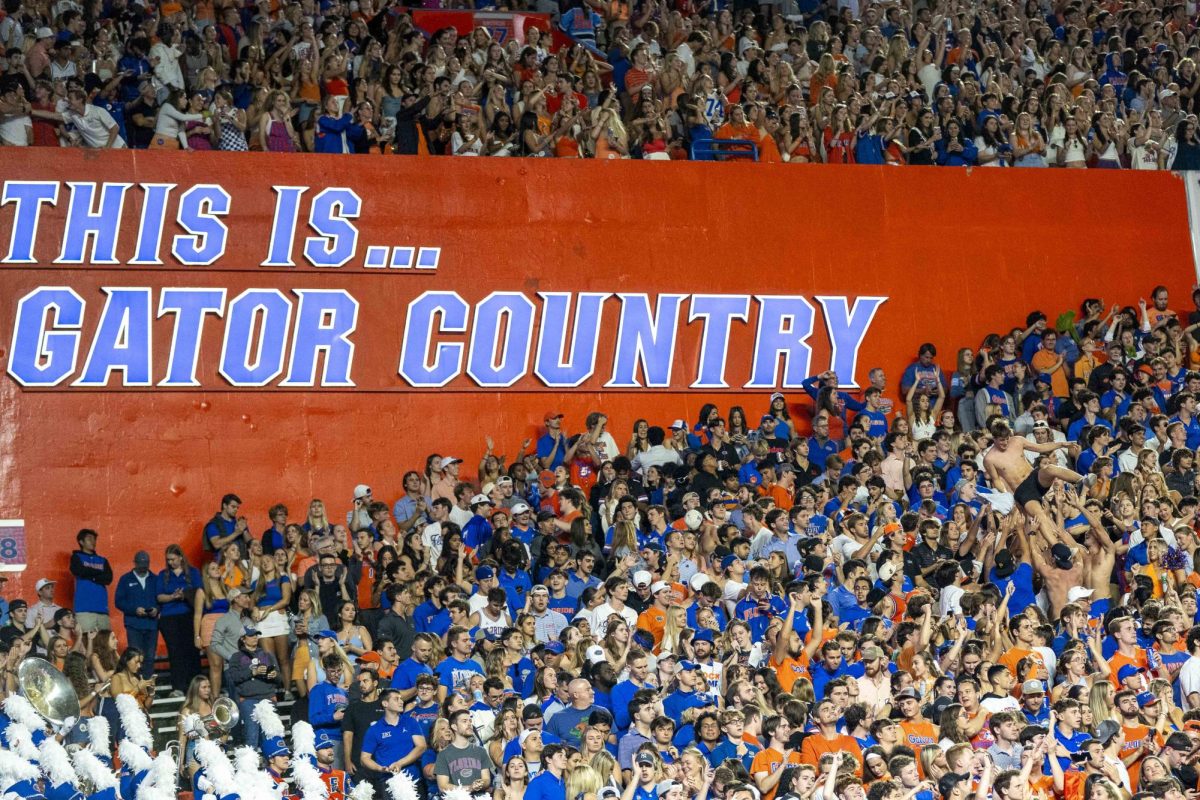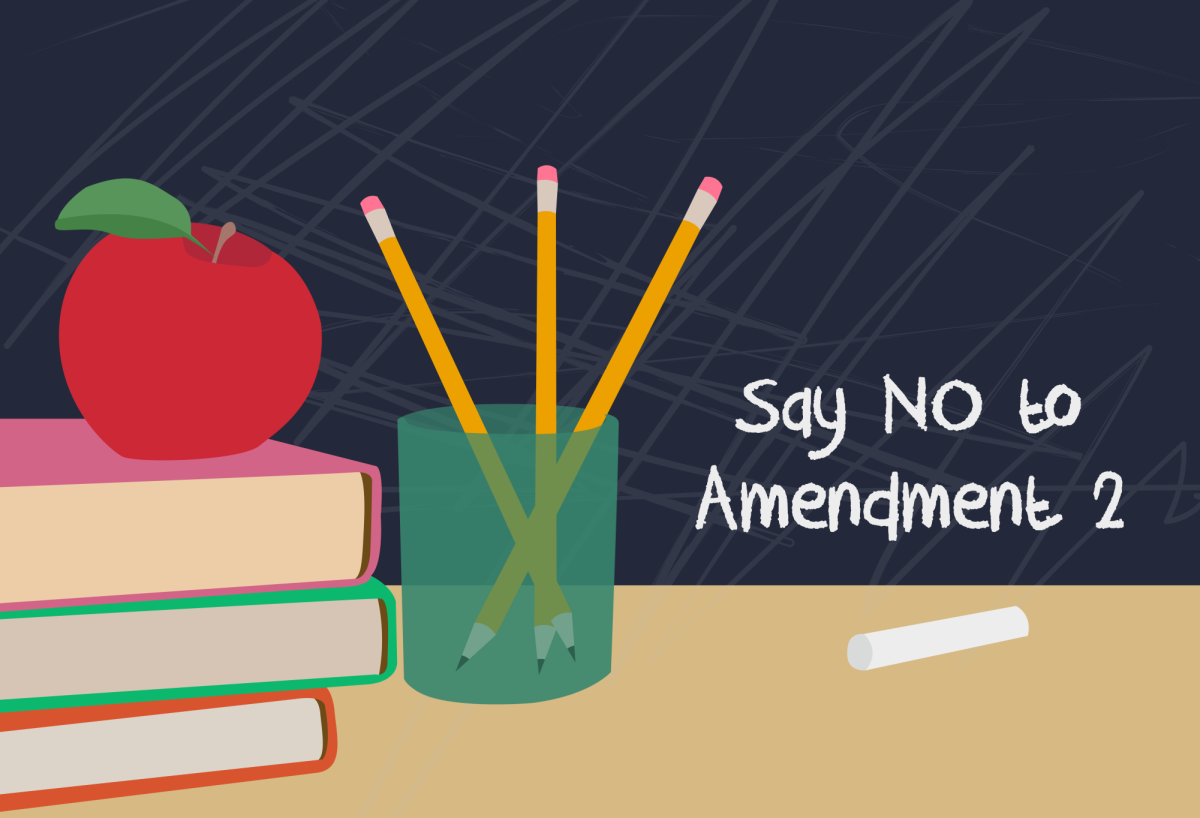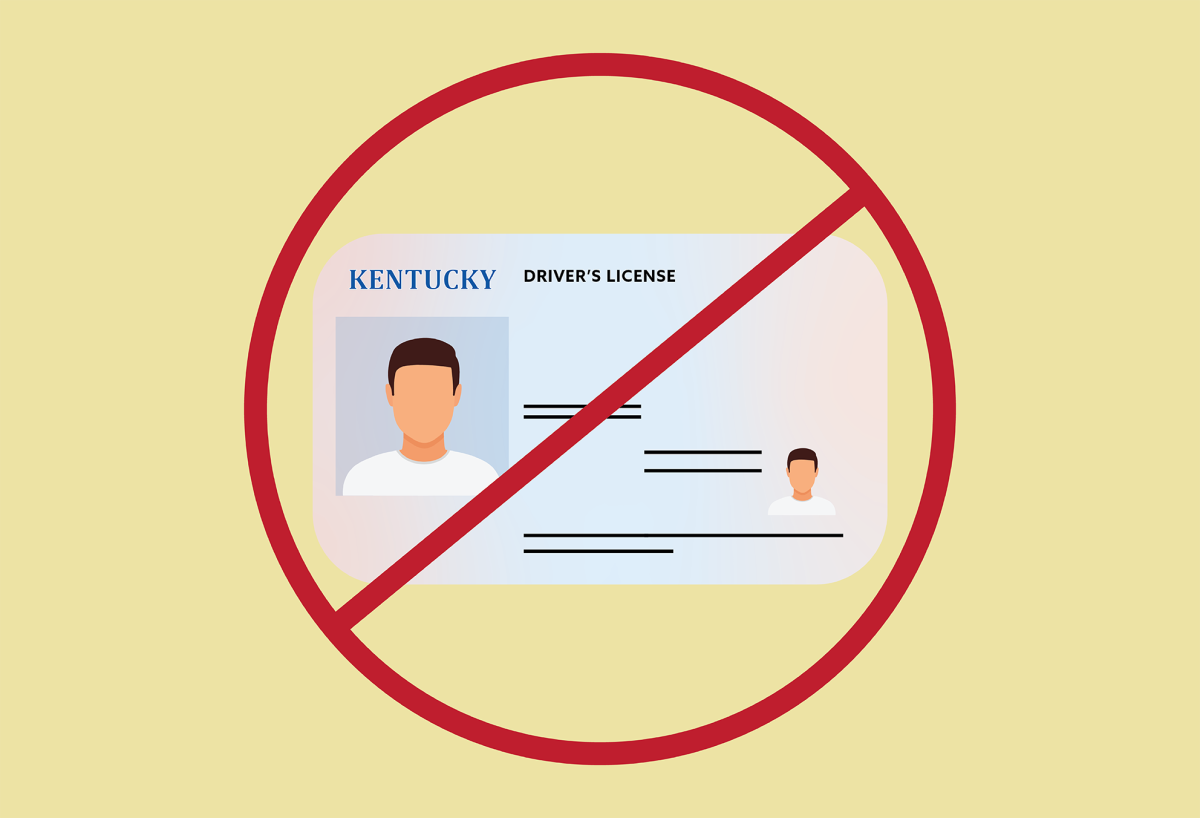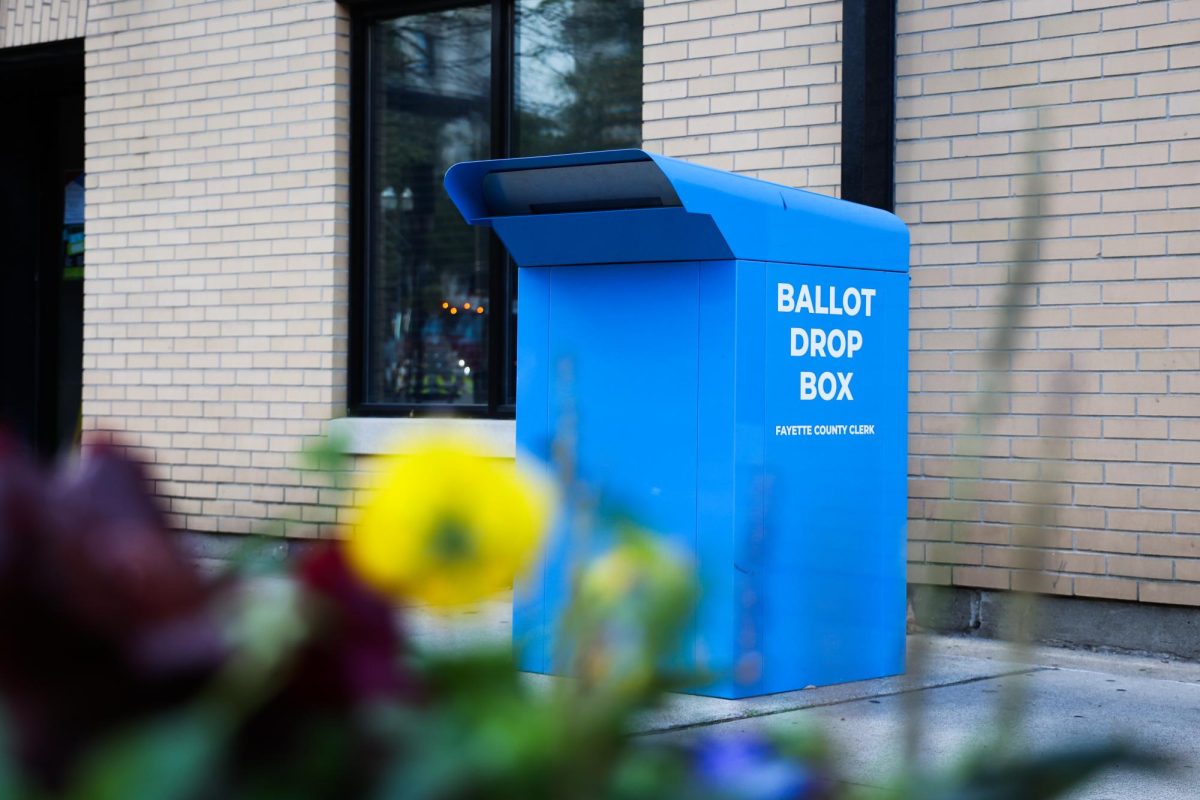Immigration: a global perspective

December 7, 2010
Column by Benjamin Keller. E-mail [email protected].
Believe it or not, the United States is not the only country with an “immigration problem.” Many countries struggle with national identity as immigrants come to take jobs not available in their home country. In my travels to Europe and Germany specifically, I have encountered similar situations to our own.
First a little background. In Germany, a labor shortage after World War II and a massive rebuilding effort led to the importation of many foreign workers, most notably from Turkey. Originally, it was thought that after the initial reconstruction effort, these Turkish workers would return home. However, the German economic miracle led many Turks to stay in Germany with its many opportunities. Combine this with an aging population and Germany today has a very real economic need for young foreign workers to pay into the system.
So what does that mean for today? Germany doesn’t have an equivalent to the Fourteenth Amendment guaranteeing citizenship to all natural-born citizens so Turks born in Germany may never become citizens. Turks are often relegated to a second-class position in society.
If you speak with Germans, you get a mixed picture about how to solve the problem. Protection of national identity is something that every European values. They ask themselves, ‘What does it mean to be German?’ To some that simply means integrating into German culture. To others it is heritage.
This question is all the more difficult with Germany’s history in World War II and the Holocaust. The German language has a word specifically for coming to terms with its past, Vergangenheitsbewältigung. To simply dismiss a group of people as not German would be very controversial.
And it isn’t just up to the German people to welcome (or not welcome) immigrants to their country. Integration into society can just as well be seen as the destruction of heritage. You never can guess what someone will claim to be when you speak to them. ‘I’m German, but my parents are from Korea,’ or ‘I’m Moroccan, not French.’ Some embrace their new country (often the place where they were born) and others shun it.
So where does that leave America, you may ask? Well, hopefully in a position to learn from the mistakes of others. As long as immigrants are willing to come, work and be productive members of society, are we in a position to turn them away? Or even worse, brand them as not American? For ‘this land is your land’ after all.




